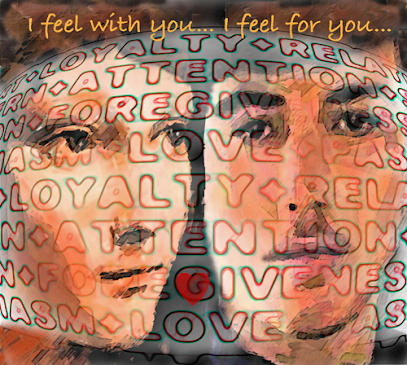“Music today is
worse than it was
in the past”: The
Debate

The perennial lament that “modern music is inherently worse than that of the past” is a refrain as old as popular music itself, yet it is a claim that wilts under scrutiny. While it is tempting to deride contemporary hits for their perceived homogeneity or lyrical banality, such criticisms are neither novel nor exclusive to the present era. Coldplay’s melodic uniformity may be notable, but so too is the repetitive instrumental structure found in Fats Domino’s catalogue. Pitbull’s infamous rhyme of “Kodak” with “Kodak” and Doja Cat’s bovine non sequiturs are hardly more egregious than the lyrical vacuity of Lord Rockingham’s XI or the surrealist absurdity of “I Am the Walrus.” The supposed decline in musical substance is, in truth, a cyclical illusion.
What truly distinguishes music from different eras is not the intrinsic quality of the composition, but the context in which it is experienced. Music is a vessel for collective and personal memory, its resonance often determined less by harmonic complexity or lyrical profundity than by the emotional and historical associations it evokes. The Beatles encapsulate the exuberance of the Swinging Sixties; Oasis and Blur conjure the swagger of the nineties; Tears for Fears’ synths are inextricable from the neon-lit 1980s. These songs are not merely melodies, but time capsules—repositories of cultural and personal history that newer songs simply have not had the temporal latitude to acquire.
This phenomenon is magnified when music intersects with individual experience. The popularity of retrospectives—such as TikToks revisiting the top tracks of a decade past—owes as much to nostalgia as to curiosity. Bastille’s “Pompeii” may be a competent pop song, but its true power lies in its ability to transport one back to a sunlit childhood garden. Even songs one professes to dislike, such as Daft Punk’s “Get Lucky,” can become indelibly linked to formative life moments, their significance growing with each passing year. In time, today’s chart-toppers will accrue similar emotional weight, but for now, they remain unseasoned by memory.
The charge of unoriginality frequently levelled at modern music is equally specious. Musical innovation has always been bounded by convention; the great composers of history were as reliant on established schemata as any contemporary hitmaker. The Romanesca progression, immortalized in Pachelbel’s Canon, is but one example of the harmonic templates that have guided composers for centuries. Musical “topics”—idiomatic gestures evoking hunts, marches, or pastoral scenes—have long been deployed to conjure specific imagery or emotion. To disparage today’s artists for drawing from a shared musical lexicon is to misunderstand the nature of artistic creation itself.
Moreover, the assertion that modern music lacks daring or artistry is easily refuted. Sloppy Jane’s “Madison,” recorded in the echoing caverns of West Virginia, marries lyrical vulnerability with sonic experimentation, yielding a listening experience both haunting and singular. Anna von Hausswolff’s “Dead Magic” traverses gothic and ethereal soundscapes, her organ-driven compositions so provocative that they have incited controversy and censorship. Such works attest to the continued vitality and audacity of contemporary music.
Ultimately, to claim that music is worse today is to conflate personal nostalgia with objective judgment. The musical landscape is richer and more accessible than ever, encompassing both the revered canon of the past and the innovative voices of the present. Whether one prefers Beethoven or Billie Eilish, the world of music is capacious enough to accommodate all tastes, and dismissing the new is to impoverish one’s own experience.
-
Perennial
-
Lasting or existing for a long or apparently infinite time; enduring or continually recurring.
-
-
Homogeneity
-
The quality or state of being all the same or all of the same kind.
-
-
Vacuity
-
Lack of thought or intelligence; emptiness or meaningless.
-
-
Inextricable
-
Impossible to disentangle or separate.
-
-
Temporal latitude
-
The freedom or scope provided by the passage of time (here, meaning enough time for something to develop significance).
-
-
Retrospective
-
Looking back on or dealing with past events or situations.
-
-
Specious
-
Superficially plausible, but actually wrong or misleading.
-
-
Schemata
-
Plural of schema; structured frameworks or patterns, especially in music or thought.
-
-
Idiomatic
-
Using, containing, or denoting expressions that are natural to a native speaker; here, referring to characteristic musical gestures.
SOURCE- THE OXFORD BLUE ARCHIEVES
WORDS COUNT- 600
FLESCH-KINCAID- 16.9




Comments
Post a Comment